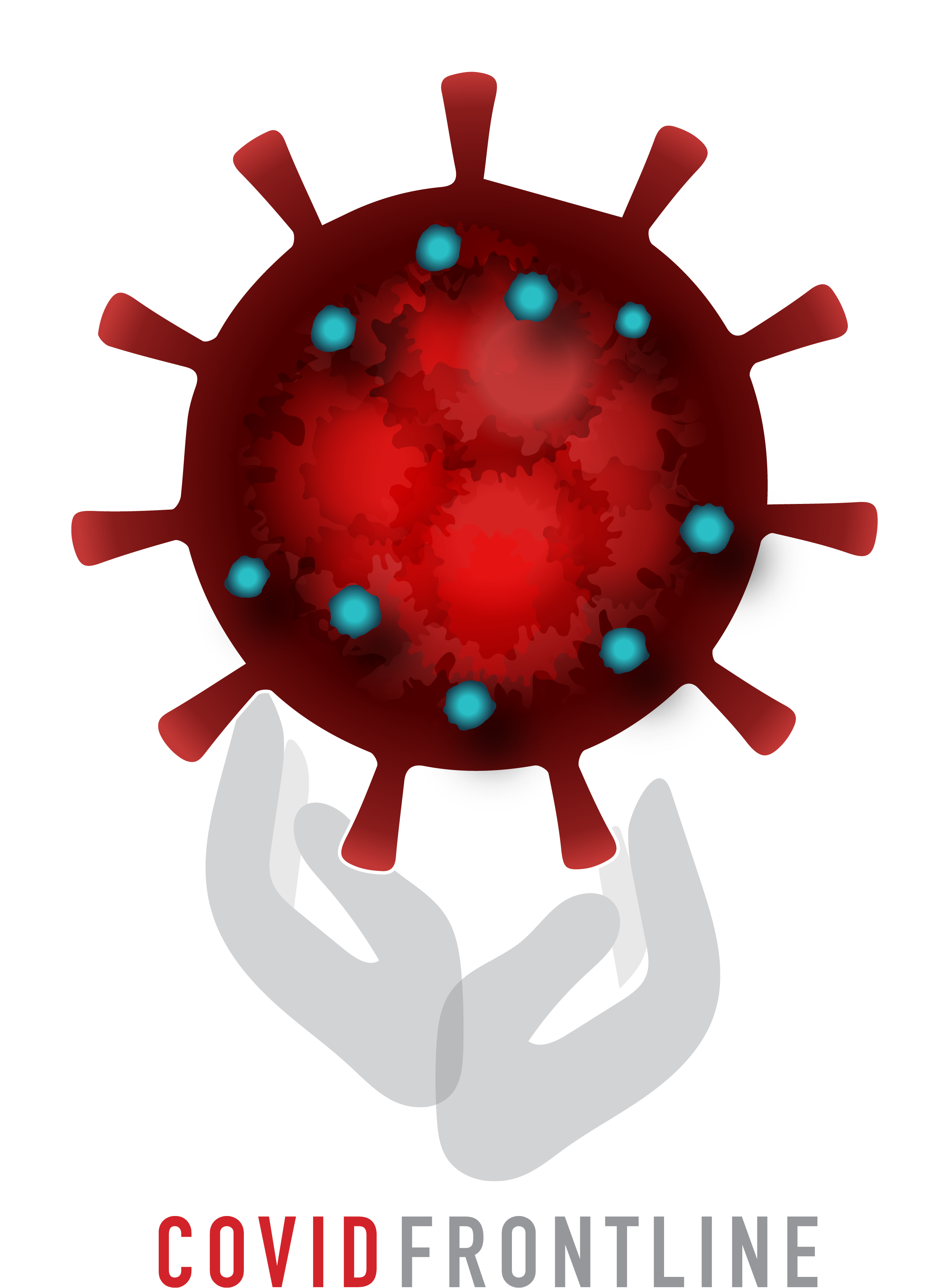What is COVID-19?
Coronaviruses are a large family of viruses that cause illness in humans and animals. In humans, several coronaviruses are known to cause respiratory infections ranging from the common cold to more severe diseases, such as severe acute respiratory syndrome (SARS). The most recently discovered coronavirus causes an infectious disease known as coronavirus disease 2019, or COVID-19. This virus first emerged in China in December 2019 and rapidly spread worldwide.1 Keep reading below for more information on COVID-19 risk factors and a symptom guide on the disease.
The most common symptoms of COVID-19 include cough, fever, shortness of breath, muscle aches, sore throat, unexplained loss of smell or taste, diarrhea, headache, and fatigue.1,2 Symptoms can be mild at first but may become more intense over 5 to 7 days for some people.2 Cough and shortness of breath may worsen if pneumonia develops. It is important to seek medical attention if these symptoms occur.1
Keep in mind that it is possible to have COVID-19 while experiencing minimal symptoms from this guide or even none at all. In one large study, 81% of people infected with coronavirus recovered from the disease without needing hospital treatment; however, 14% of the patients developed severe symptoms that required hospitalization, and another 5% became critically ill.2 This is why it is important to know COVID-19 risk factor information. People aged 60 and older and those with an underlying medical condition, such as high blood pressure, heart and lung problems, obesity, diabetes, or cancer, are at higher risk for developing serious illness.1 However, anyone can become seriously ill from COVID-19. People of all ages who experience symptoms such as: fever, cough, difficulty breathing, or chest pain should call their healthcare provider immediately.1
If you think you may have COVID-19, take steps to prevent the spread of the virus. Stay home except to get medical care and separate yourself from others who live with you. Wash your hands frequently and wear a mask to protect others.1
The best way to prevent COVID-19 is to receive an available vaccine against the virus. Vaccines help protect you from getting COVID-19 and are effective against preventing hospitalization and death from COVID-19. All three available vaccines in the US are safe and effective. Children and adults aged 5 years and older are eligible to receive COVID-19 vaccines. Speak with your healthcare provider to see if you qualify for an additional vaccine dose or a booster shot.
If you have tested positive for COVID-19, there are treatments available that reduce your risk of progressing to severe COVID-19 or hospitalization. These treatments include monoclonal antibodies and antivirals. When taken early after symptoms start, these therapies help your immune system respond more effectively to the virus that causes COVID-19. These treatments reduce the amount of the virus in your system, which means you may have milder symptoms and are less likely to be hospitalized.3,4
Monoclonal antibodies and antivirals may help people who have mild or moderate symptoms of COVID-19. They should be given as soon as possible but within 5-7 days of the start of symptoms.3,4 Patients are eligible for monoclonal antibody and antiviral therapy if they are aged 12 or older and have risk factors for developing more serious symptoms. Candidates for these therapies include any patient 65 years of age or older; anyone with obesity, diabetes, chronic kidney disease, or a weakened immune system; and those with other conditions that increase the risk of severe COVID-19.4,5
References
- World Health Organization (WHO). Q&A on coronaviruses (COVID-19) Last update May 13, 2021. https://www.who.int/emergencies/diseases/novel-coronavirus-2019/question-and-answers-hub/q-a-detail/q-a-coronaviruses
- Centers for Disease Control and Prevention (CDC). Interim clinical guidance for management of patients with confirmed coronavirus disease (COVID-19). Updated June 30, 2020. https://stacks.cdc.gov/view/cdc/89980
- US Department of Health and Human Services (HHS). CombatCOVID. What Are Monoclonal Antibodies? Accessed June 5, 2022. https://combatcovid.hhs.gov/what-are-monoclonal-antibodies
- US Food and Drug Administration (FDA). Emergency use authorization (EUA) for PAXLOVID™ (nirmatrelvir/ritonavir). Revised April 2022. https://www.fda.gov/media/155050/download
- US Food and Drug Administration (FDA). Emergency use authorization (EUA) of REGEN-COV® (casirivimab with imdevimab). Revised January 2022. https://www.fda.gov/media/145611/download






